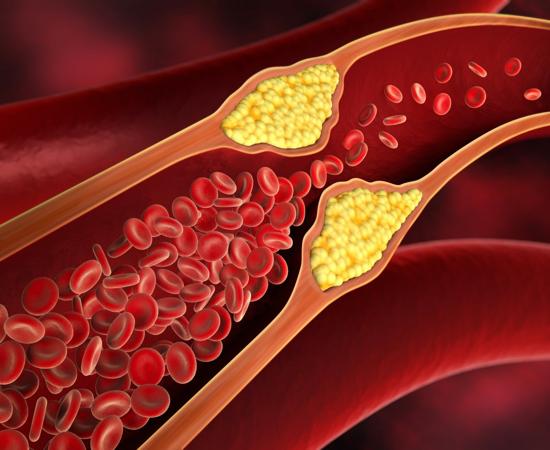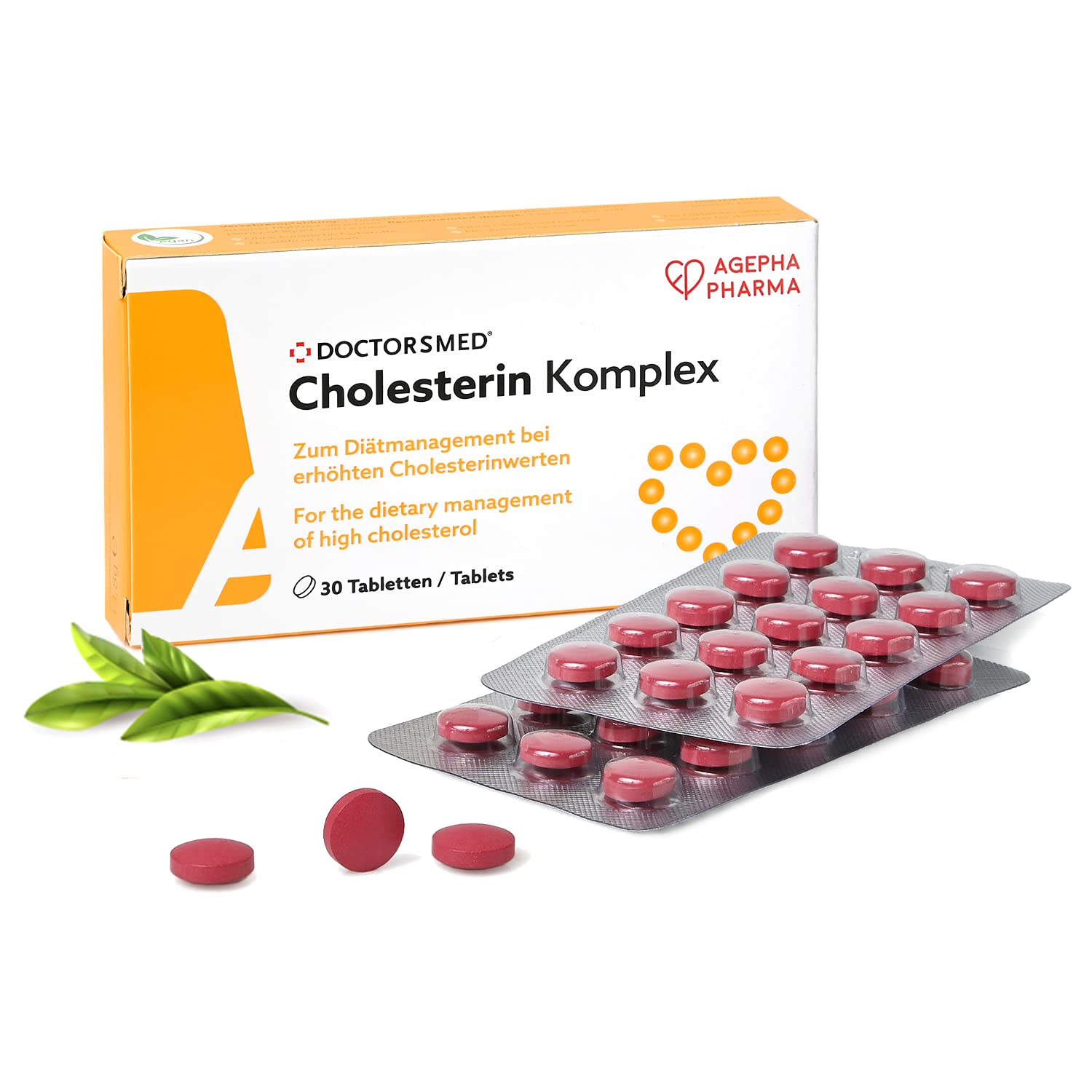Understanding High Cholesterol: What You Need to Know
High cholesterol is a common health condition that affects millions of people worldwide. In this blog post, we will explore the benefits of knowing your cholesterol levels, delve into the details of High Cholesterol, answer some frequently asked questions, and provide tips for managing this condition.
The Benefits of Knowing Your Cholesterol Levels
Knowing your cholesterol levels is crucial for maintaining good heart health. High Cholesterol can lead to serious complications such as heart disease, stroke, and other cardiovascular issues. By monitoring your cholesterol levels regularly, you can take steps to lower them if necessary and reduce your risk of these conditions.
Detailed Explanation of High Cholesterol
High Cholesterol, also known as hyperlipidemia, is a condition in which there is an excessive amount of cholesterol in the blood. Cholesterol is a waxy, fat-like substance that is found in the cells of your body. While your body needs cholesterol to function properly, having high levels of it can lead to plaque buildup in the arteries, which can restrict blood flow and increase the risk of heart disease and stroke.
There are two main types of cholesterol: low-density lipoprotein (LDL) and high-density lipoprotein (HDL). LDL cholesterol is often referred to as “bad” cholesterol because it can lead to plaque buildup in the arteries. HDL cholesterol, on the other hand, is known as “good” cholesterol because it helps remove LDL cholesterol from the bloodstream.
Frequently Asked Questions About High Cholesterol
1. What are the symptoms of High Cholesterol?
High cholesterol is often asymptomatic, meaning that it does not typically cause any noticeable symptoms. However, in some cases, high cholesterol can cause yellowish deposits on the skin, known as xanthomas, or yellowish growths on the eyelids.
2. What are some foods to avoid if you have high cholesterol?
Foods that are high in saturated and trans fats should be avoided if you have High Cholesterol. These include red meat, full-fat dairy products, fried foods, and commercially baked goods.
3. What is the recommended diet for high cholesterol?
A diet rich in fruits, vegetables, whole grains, and lean proteins can help lower cholesterol levels. Foods like nuts, seeds, and fatty fish that are high in omega-3 fatty acids are also beneficial for heart health.
4. What are the causes of high cholesterol?
High Cholesterol can be caused by a variety of factors, including genetics, diet, lifestyle choices, and certain medical conditions. Age, gender, and family history can also play a role in determining your risk for high cholesterol.
5. How is high cholesterol treated?
Treatment for high cholesterol typically involves making lifestyle changes such as improving your diet, exercising regularly, and quitting smoking. In some cases, medication may be prescribed to help lower cholesterol levels.
Conclusion
High cholesterol is a common condition that can have serious implications for your heart health. By understanding the risks associated with High Cholesterol and taking proactive steps to manage it, you can reduce your risk of developing heart disease and other cardiovascular issues. Remember to consult with your healthcare provider for personalized guidance on how to best manage your cholesterol levels.
Take control of your health today by getting your cholesterol levels checked and making healthy lifestyle choices that support heart health!


